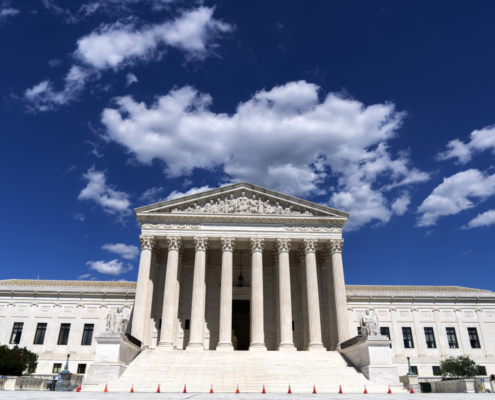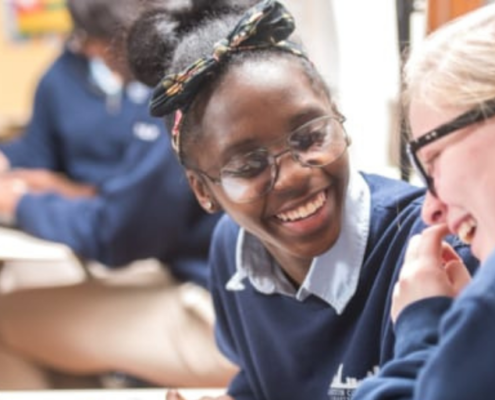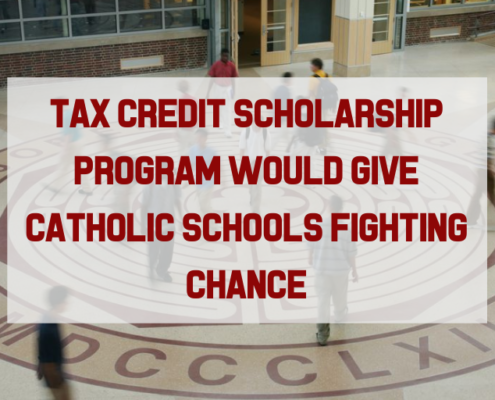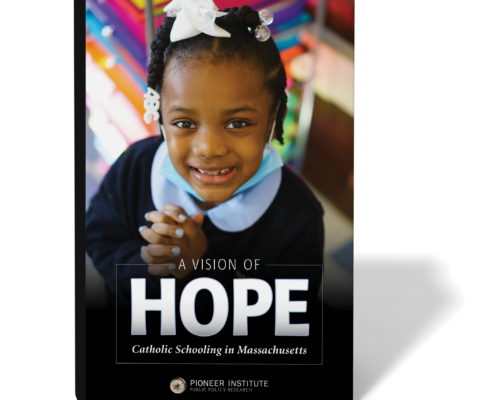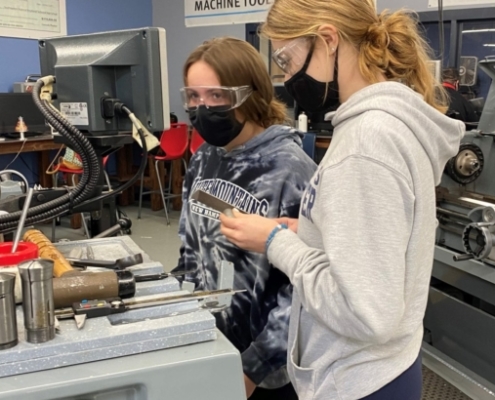Celebrating National Charter Public Schools Week
Great charter public schools are about great leadership. Charters in Massachusetts are the best in the country at bridging achievement gaps for our neediest students. They were authorized through the 1993 Massachusetts Education Reform Act, authored by Bay State leaders like Governor William Weld, Senate President Tom Birmingham, and Representative Mark Roosevelt. They believe that access to a quality education is a civil right, as education is the steppingstone to a better life. Education reformers often hearken back to the civil rights movement, drawing inspiration from the bold leadership that changed the nation, from the plaintiffs in the Brown v. Board of Education Supreme Court case, the Little Rock Nine, and MLK’s March on Washington.
Pioneer Institute recently hosted an event highlighting the life and legacy of one of the Civil Rights era’s most courageous leaders, the Rev. Fred Shuttlesworth, of Birmingham, Alabama. Shuttlesworth was co-founder of the Southern Christian Leadership Conference, organized the Freedom Rides, and led demonstrations to end segregation in Birmingham. The Pioneer event featured his widow, Sephira Shuttlesworth, and award-winning historians Diane McWhorter and Andrew Manis, all of whom knew him well and shared moving reminiscences of his dynamic personality, and the events that formed his core convictions, including multiple attempts on his life, mob assaults, and bombings by the Ku Klux Klan. Following that conversation, the Rev. Liz Walker moderated a panel of civil rights and school leaders discussing how best to fulfill this nation’s promise of equality through school choice options for underserved families.
In the aftermath of Question 2’s defeat, it’s important to remember that tens of thousands of children remain on waiting lists for their chance to attend a good school and enjoy the American Dream. Their struggle calls for the kind of leadership on display in the life of Rev. Shuttlesworth. Watch the video clips below.
Video Highlights from “A Fire You Can’t Put Out: Rev. Fred Shuttlesworth, Civil Rights, and School Choices” (held on March 20, 2017):
Roundtable Discussion:
Sephira Shuttlesworth, Regional Support Director, SABIS Educational Systems; Andrew Manis, author, A Fire You Can’t Put Out: The Civil Rights Life of Birmingham’s Rev. Fred Shuttlesworth; and Diane McWhorter, author, Carry Me Home: Birmingham, Alabama – The Climactic Battle of the Civil Rights Revolution
Policy Panel
Rev. Liz Walker, Pastor, Roxbury Presbyterian Church; Cara Candal, Pioneer Senior Fellow; Ken Campbell, IDEA Public Schools, Louisiana; Jeffrey Riley, Lawrence Public Schools Superintendent/Receiver; and Carlos Rojas Álvarez, Youth on Board
Charter schools are working for Massachusetts students, and through research, opinion pieces, videos and media appearances, Pioneer has been raising awareness about the innovative programs that these schools offer. You can view our website, videos, and research below.
Best Practices in Massachusetts Charter Schools: What We Know Now
Assessing Charter School Funding in 2016
Get Updates on Our Charter Schools Initiative










